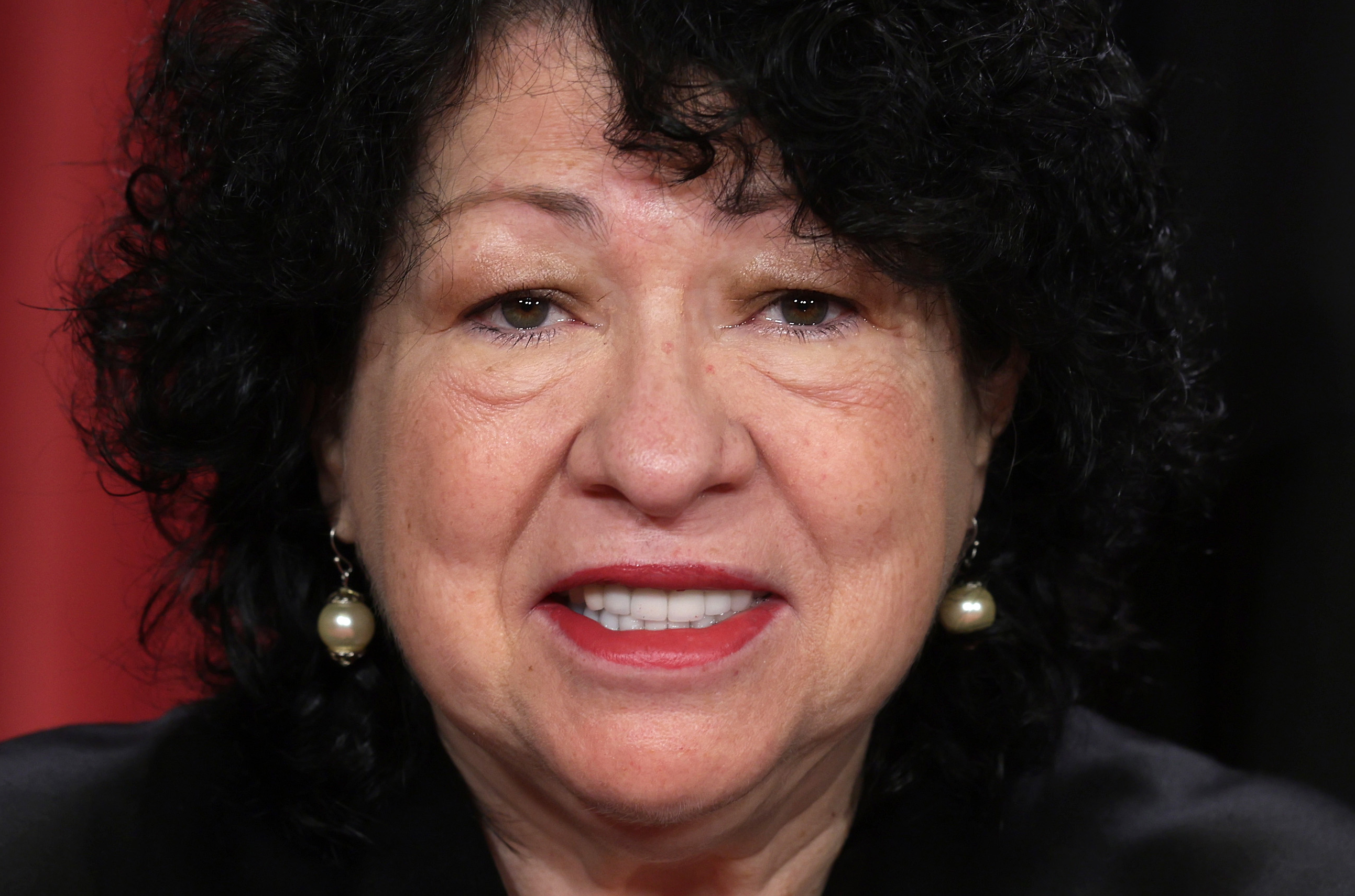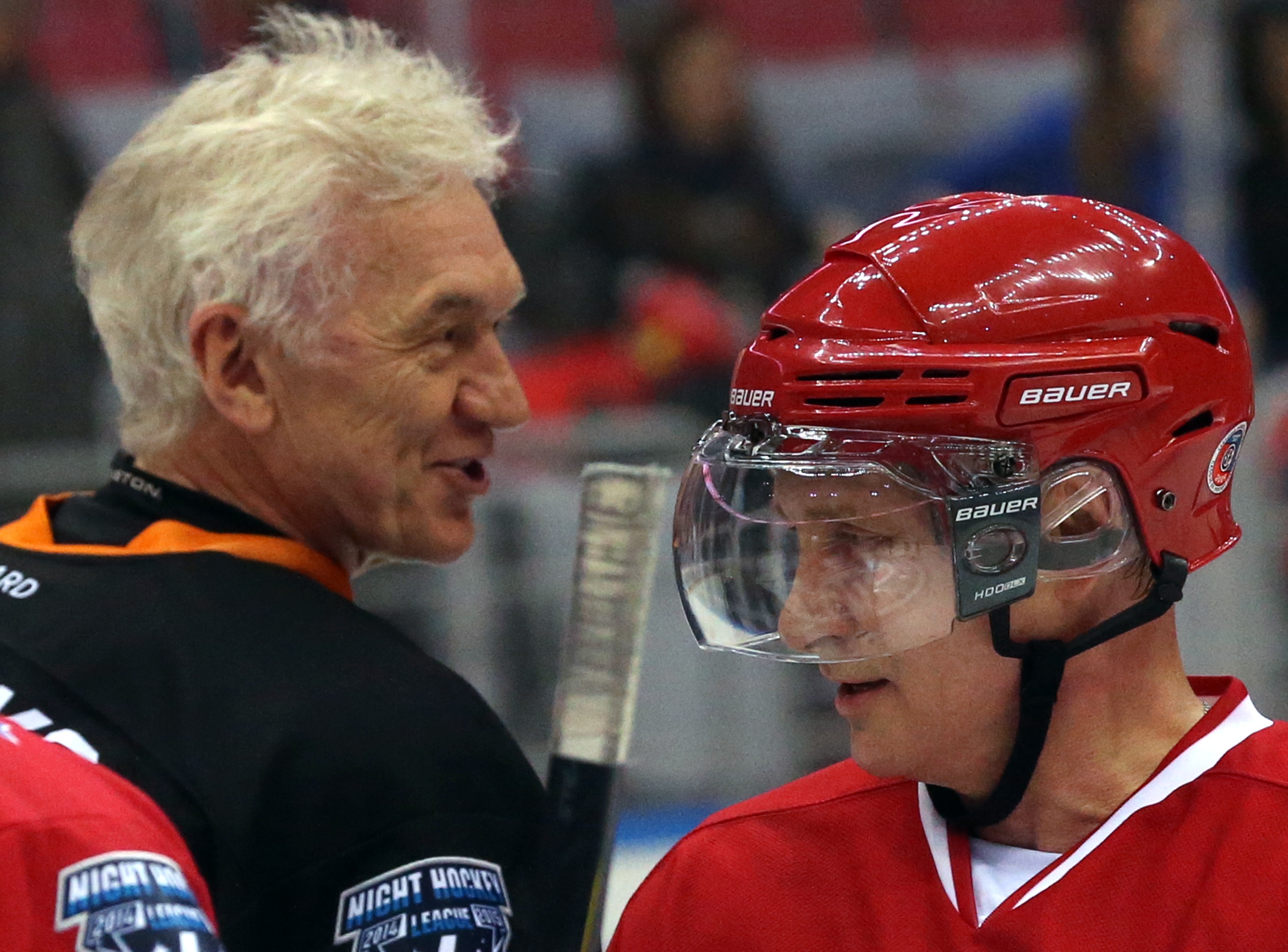Jordan Neely's Killing Is the Predictable Result of Dehumanizing and Despising the Homeless | Opinion
Protests have erupted in New York over the killing of Jordan Neely, a 30-year old homeless Black man who died as a result of a long chokehold he was put in by another passenger on the subway after Neely began shouting at people.
There is still some uncertainty about what exactly happened on the subway car. Juan Alberto Vasquez, who filmed part of the incident, said Neely boarded and launched into a "somewhat aggressive speech, saying he was hungry, he was thirsty, that he didn't care about anything, he didn't care about going to jail, he didn't care that he gets a big life sentence... That 'It doesn't even matter if I died." Vasquez says the speech scared him, and multiple men then subdued Neely, including the one who put him in a deadly chokehold.
But it's still not clear whether Neely actually threatened anyone. He was reportedly attacked after he "threw his jacket to the ground." This has led some to characterize his killing as a "lynching," and there was further outrage after Neely's killer was released without charges, arguing that the failure of the city to take care of Neely. Others highlighted Neely's humanity, destroying the idea of him as nothing but a scary menacing criminal. In fact, Neely was a well-recognized street performer, who entertained transit riders by recreating Michael Jackson's dances. Manhattan borough president Mark Levine said he saw Neely perform his routine a lot, and "he always made people smile."
I saw Jordan Neely perform his Michael Jackson routine many times on the A train. He always made people smile.
— Mark D. Levine (@MarkLevineNYC) May 3, 2023
Our broken mental health system failed him. He deserved help, not to die in a chokehold on the floor of the subway. pic.twitter.com/H9vOKzGTab
But this well-known history hasn't stopped Right-wing pundits from casting Neely as a dangerous criminal who needed to be stopped. Charlie Kirk of Turning Point USA called Neely an "insane raving madman with dozens of priors" who "violently threatened innocent subway riders," while Matt Walsh accused "leftist scum" of attacking a "hero" who "step[ped] up to restrain an insane erratic vagrant with 40 prior arrests and an active warrant for felony assault."
The identity of the ex-Marine who choked Neely to death is not yet public, but already some on the right are turning him into the next Kyle Rittenhouse, a heroic vigilante willing to use deadly force to combat the supposed "lawlessness" in our cities.
I expect they'll crowdfund his legal defense and possibly even invite him to speak at their conventions.
So Jordan Neely, an insane raving madman with dozens of priors—who died after being restrained by a passerby after he violently threatened innocent subway riders—reportedly attempted to push another person onto the tracks just last week. pic.twitter.com/tJNWiEXMyc
— Charlie Kirk (@charliekirk11) May 3, 2023
The reactions of people like Kirk and Walsh illustrate a common attitude toward the homeless, one that makes killings like this far more likely. It's blatant dehumanization. Neely appears to them not as a person in distress, in need of compassionate care, but a scary criminal. For them, his dozens of arrests are proof that he was a menace to the public who needed to be removed from the street, rather than proof that we live in a country where jails serve in place of psychiatric hospitals.
Our fearmongering media and "tough on crime" politicians certainly bear some responsibility for furthering this dehumanization, by making people so scared of their neighbors that they see a mentally ill moonwalking guy on the subway as a mortal threat, rather than a destitute person in need of compassionate care. As media critic Adam Johnson writes, we are conditioned to ask the question "Why isn't this man in jail?" rather than, "Why did society fail to care for this person?"
People cease to see the homeless as fellow human beings, instead viewing them as scary drug addicts whose "erratic" behavior could turn quickly to murder.

Given how our police treat people, it's no wonder that the man who killed Neely decided to deploy a chokehold rather than, say, offering to buy Neely some lunch. (His rant, after all, was full of references to hunger and thirst.)
The Neely killing should be a moment for reevaluation of our entire approach to poverty and homelessness. The "tough on crime" attitude sees brute force as a solution to social problems. The attitude of those like Kirk and Walsh, which come close to viewing homicide as an acceptable approach to dealing with the mentally ill, should be morally unconscionable.
Untreated mental illness is a public health crisis, and we need to learn to see fellow human beings in distress as deserving of help rather than brutal deadly force.
Nathan J. Robinson is the editor in chief of Current Affairs magazine and the author of Responding to the Right: Brief Replies to 25 Conservative Arguments.
The views expressed in this article are the writer's own.








